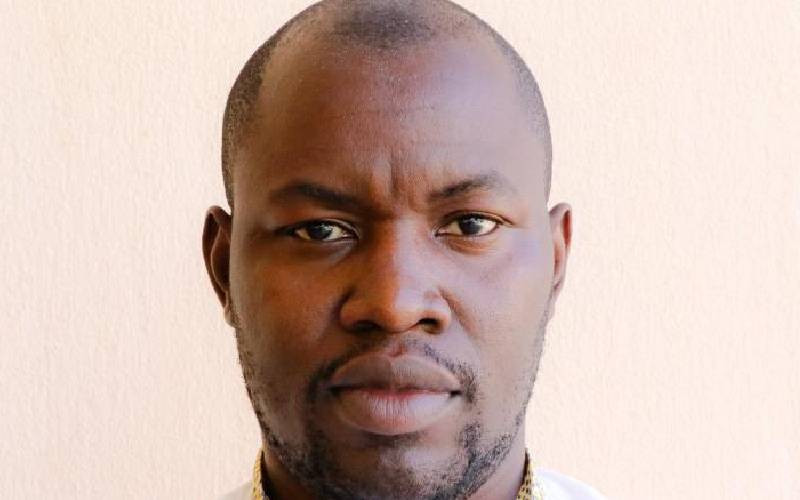×
The Standard e-Paper
Join Thousands Daily

Kenya's largest county by landmass sprawls across the north-western corner, enveloping nearly 77,000 square kilometres of the Rift Valley. Turkana is a landscape of profound contrasts, with its headquarters, Lodwar, a bustling nucleus amidst vast stretches of arid land.